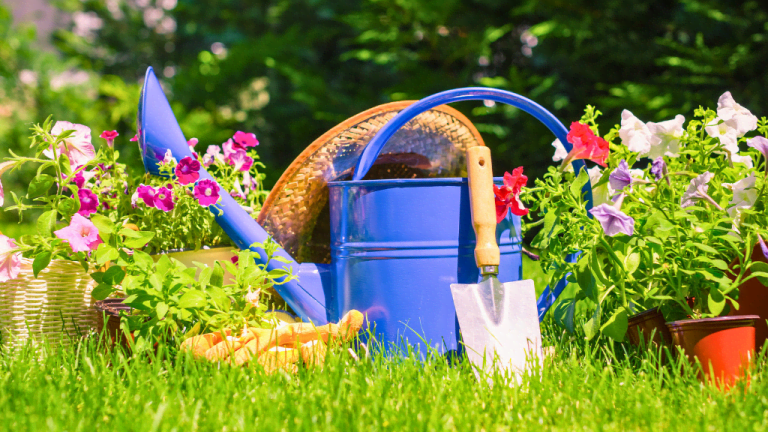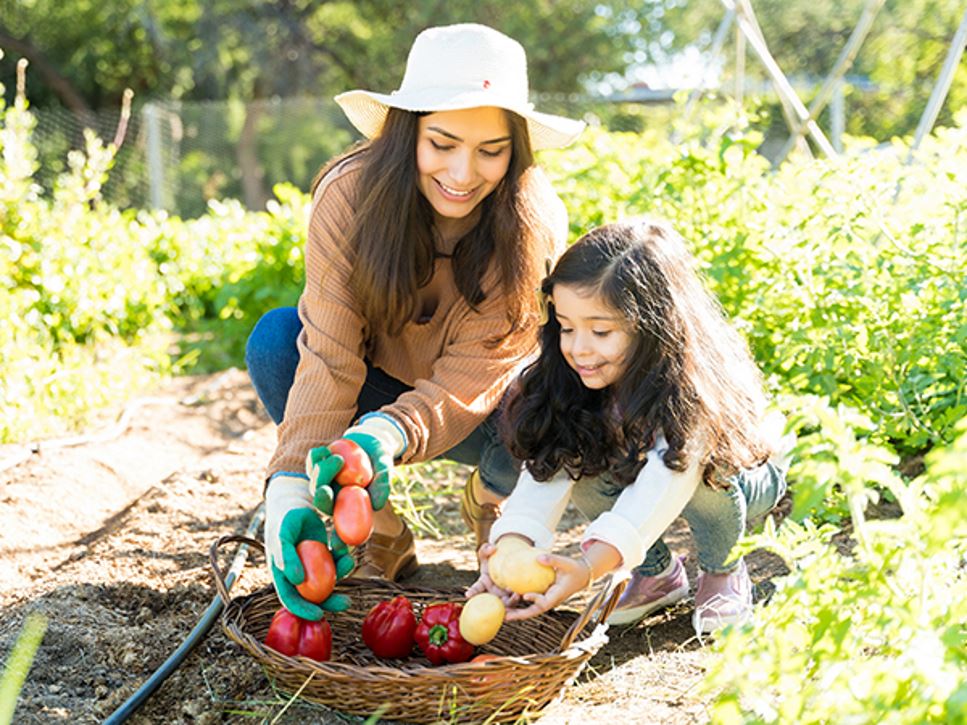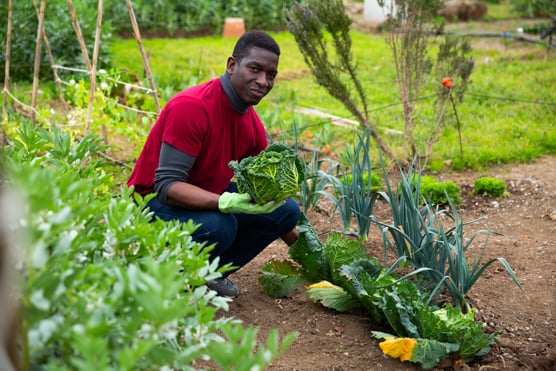Exactly How Gardening Can Enhance Your Health And Wellness and Health and wellbeing
Exactly How Gardening Can Enhance Your Health And Wellness and Health and wellbeing
Blog Article
Recognizing the Different Sorts Of Gardening and Just How They Add to a Much Healthier Way Of Life and Environment

Advantages of Vegetable Gardening
Numerous individuals are significantly recognizing the myriad benefits of veggie gardening as an essential component of a healthier lifestyle. Taking part in veggie horticulture provides countless physical wellness advantages, including enhanced exercise, which enhances cardiovascular health and advertises overall physical fitness. The act of growing, weeding, and harvesting requires motion and can aid combat sedentary actions, adding to weight monitoring and boosted muscular tissue tone.
Additionally, growing one's own veggies dramatically boosts nutritional high quality. Organic fruit and vegetables is usually fresher and more nutrient-dense compared to store-bought options, as it can be consumed soon after harvest. This access urges a higher consumption of fruits and vegetables, which are crucial for avoiding chronic diseases.
Additionally, vegetable horticulture cultivates psychological health by giving a healing electrical outlet for stress and anxiety alleviation and relaxation. The act of having a tendency to plants can be reflective, allowing people to get in touch with nature and leave the stress of day-to-day live. Furthermore, the sustainable technique of expanding one's very own food reduces reliance on industrial farming, adding to environmental preservation and promoting biodiversity. Jointly, these benefits underscore the significance of vegetable gardening as a keystone of a much healthier lifestyle.
Checking Out Blossom Horticulture

In enhancement to visual benefits, blossom gardening sustains neighborhood ecosystems. Numerous blooming plants draw in pollinators, such as and butterflies, which are crucial for keeping biodiversity. The visibility of diverse flora can also improve dirt health and wellness, as different plants add to nutrition cycling and boost soil structure.
In addition, blossoms can play a considerable function in advertising sustainable practices. Many garden enthusiasts select native or drought-resistant varieties, which need much less water and minimal chemical inputs. This approach not just benefits the setting but likewise urges liable horticulture routines.
Inevitably, flower gardening acts as a vital part of a holistic horticulture technique. Gardening. By cultivating charm and supporting neighborhood environments, it balances with vegetable horticulture and underscores the relevance of supporting both our physical and mental wellness with nature
Container Horticulture Advantages
Container gardening deals many advantages that make it an enticing option for both newbie and experienced garden enthusiasts. Among the key benefits is its convenience; containers can be placed on outdoor patios, balconies, and even inside your home, enabling horticulture in areas with limited ground access. This adaptability makes it possible for individuals in urban settings or those with small backyards to grow plants effectively.
Additionally, container horticulture supplies enhanced control over dirt high quality and moisture levels. Gardeners can choose certain soil blends to enhance plant health and reduce concerns like weeds and bugs. The mobility web of containers additionally enables very easy moving to maximize sunshine direct exposure or protect plants from severe weather condition.
Furthermore, container yards can be cosmetically pleasing, using a chance for creativity in design. Gardening. They can work as ornamental aspects that improve outdoor or interior areas while promoting biodiversity by drawing in pollinators
Lastly, container gardening can contribute to a much healthier lifestyle by encouraging physical activity, as it commonly entails training, growing, and preserving plants. Generally, the benefits of container horticulture make it an obtainable and rewarding technique for those seeking to boost their way of life and setting.
The Surge of Upright Horticulture
As urban areas become significantly crowded, the pattern of vertical horticulture has actually taken off, permitting individuals to maximize their horticulture capacity in restricted areas. This innovative approach involves expanding plants in upright frameworks, such as wall-mounted planters, trellises, or specialized vertical garden systems. The allure of upright horticulture exists not only in its reliable use area but also in its visual contribution to urban atmospheres, changing bare wall surfaces into lavish environment-friendly landscapes.
Upright gardens can be set up in homes, porches, and neighborhood rooms, giving a platform for expanding a selection of plants, including natural herbs, veggies, and ornamental blossoms. This approach urges biodiversity and can improve air quality by filtering toxins while promoting a connection to nature in largely inhabited locations. Furthermore, upright horticulture supplies functional advantages, such as enhanced return per square foot, making it an eye-catching choice for city gardeners looking for to expand their own food.

Sustainable Practices in Gardening
Accepting sustainable practices in gardening is vital for promoting ecological health and guaranteeing the viability of our natural resources. Sustainable horticulture strategies concentrate on decreasing environmental impact, saving water, and cultivating biodiversity. By executing methods such as natural gardening, garden enthusiasts can decrease making use of artificial plant foods and pesticides, which can damage local ecological communities.
Buddy planting is an click here for more additional efficient sustainable method, where specific plants are expanded with each other to improve growth and prevent parasites naturally. In addition, utilizing indigenous plants in landscaping supports neighborhood wildlife and needs less maintenance, as they are inherently adapted to the local climate and dirt conditions.
Water preservation techniques, such as rain harvesting and drip watering, aid to efficiently handle water resources, therefore decreasing waste. Composting natural waste not only enhances the dirt yet also lowers land fill payments, advertising a circular economy.
Last but not least, practicing crop turning and cover cropping improves dirt health and reduces the danger of insect problems. By website link incorporating these lasting practices, garden enthusiasts can develop resilient environments that add to a much healthier way of life while protecting the environment for future generations.
Conclusion

To conclude, the diverse approaches of horticulture, consisting of vegetable, flower, container, and upright gardening, collectively promote a much healthier way of living and improve environmental sustainability. Each kind uses distinctive advantages, from supplying fresh produce and bring in pollinators to optimizing minimal spaces and motivating biodiversity. By cultivating sustainable practices, these horticulture comes close to not just contribute to private wellness however likewise sustain more comprehensive environmental conservation initiatives, eventually decreasing reliance on commercial farming and boosting area durability.
Report this page